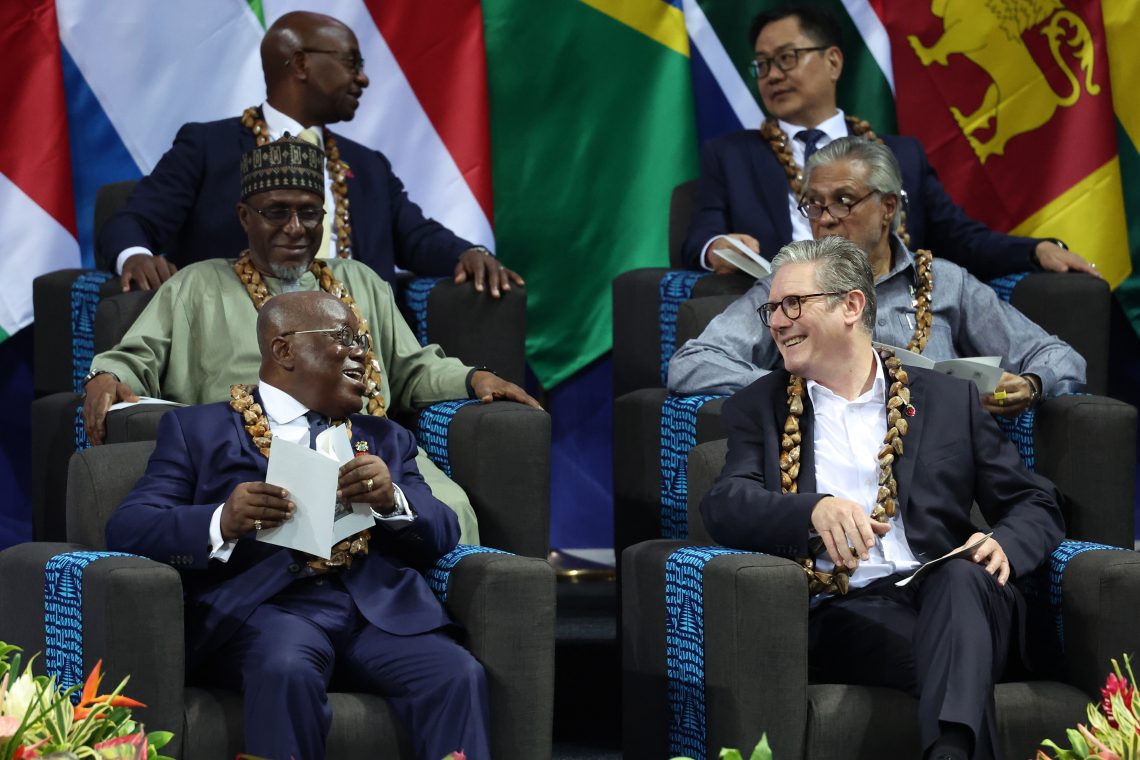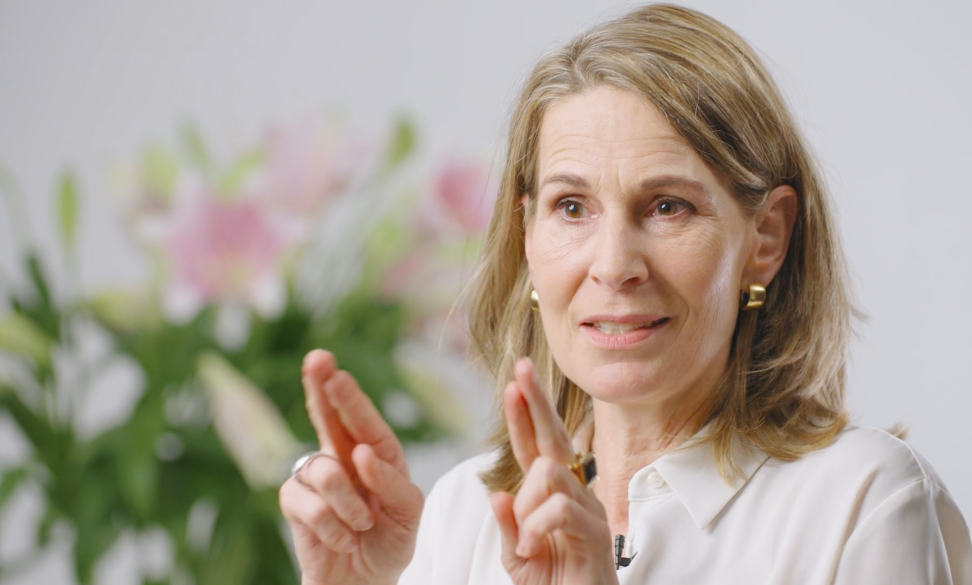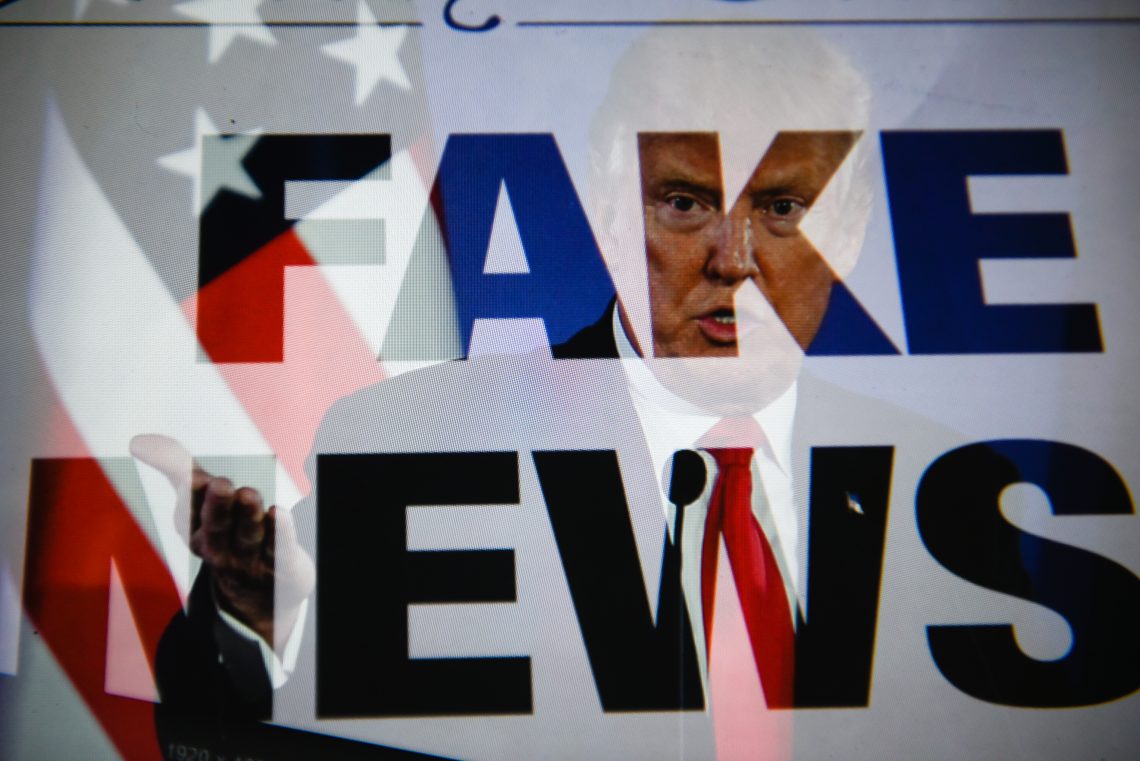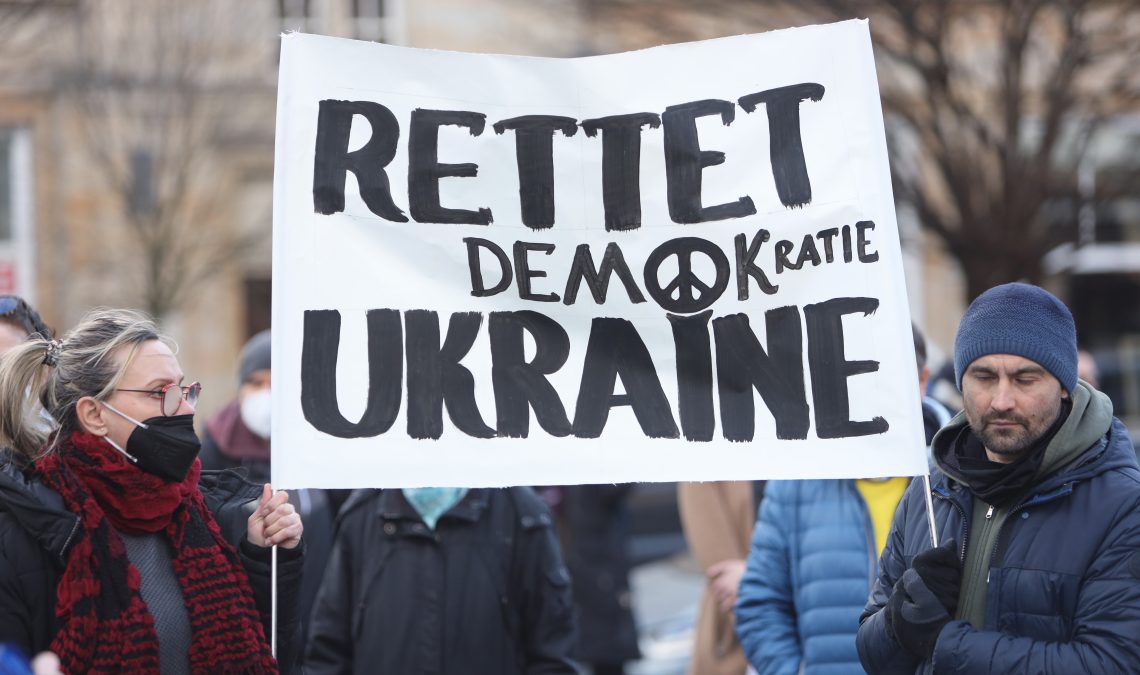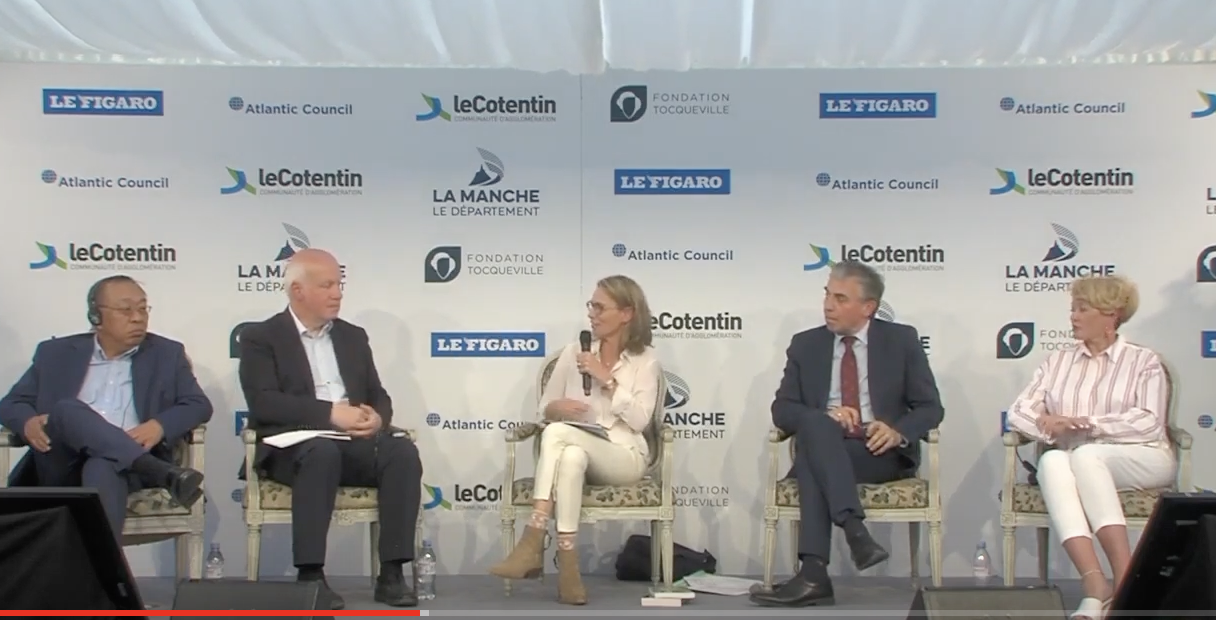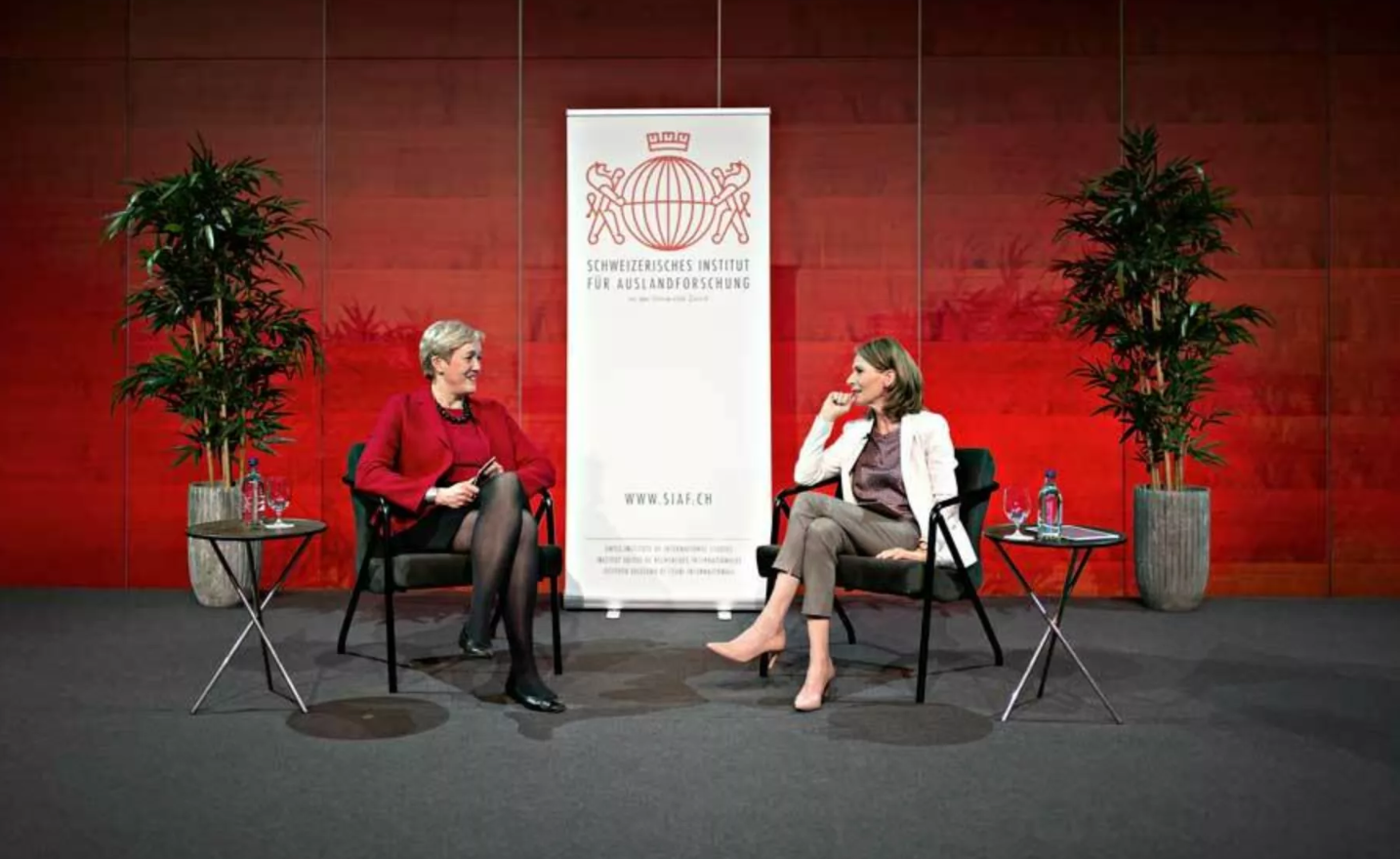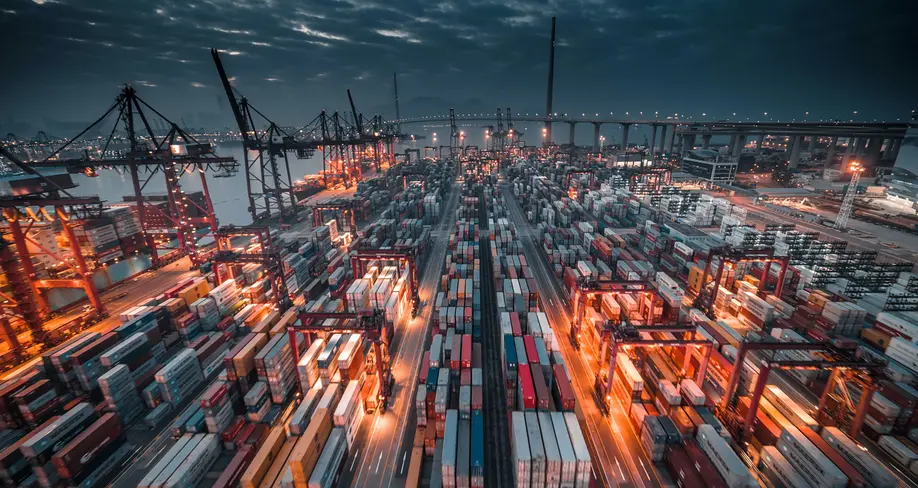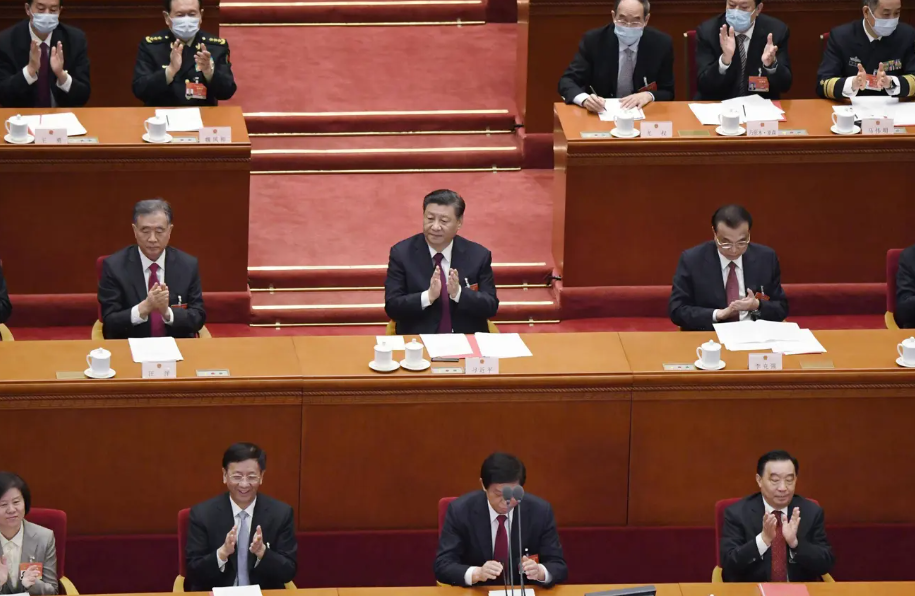Katja Gentinetta, political philosopher
What drives us, what brings us forward? In a world flooded with information, riddled with uncertainties and trapped in fixed opinions, it is more important than ever to get to the bottom of things. Looking at things from the outside, asking the questions differently, peeling out the core: these are my core competencies. In front of enthusiastic audiences, in books and public media, with students, as board director and consultant.
Katja Gentinetta is a Swiss political and economic philosopher. Since 2011, she has worked as an independent author, op-ed-writer, university lecturer, and strategic leader.
She studied in Zurich and Paris and received her PhD for her work on the limits of tolerance in plural societies. She deepened her management knowledge and leadership skills in executive education in Salzburg, Harvard and at INSEAD. As head of the Schlossplatz Forum in Aarau, project manager of Expo.02 for the Canton of Aargau, head of the Strategy and External Relations Department of the Canton of Aargau and Deputy Director of the Think Tank Avenir Suisse, she can look back on a long career as a leader in culture, politics and business. Katja Gentinetta has published a series of non-fiction books on social and economic policy issues. She has also been a TV moderator for many years, as host of “Sternstunde Philosophie” and co-host of NZZ Standpunkte at Swiss TV.
Katja Gentinetta has an extraordinary broad background of experience and in-depth knowledge of business, politics and society. She is familiar with the demands of the corporate world, knows the logic of politics and is aware of the sensitivities in society. Philosophy is her tool with which she assesses the world.
Current professional Activites
Governance
- Stapferhaus; European Museum of the Year 2020; President, since 2022
- International Committee of the Red Cross ICRC, Geneva; Member of the Assembly and the Executive Board, since 2018
- Geneva Graduate Institute, Geneva; Member of the Foundation Board, since 2024
- Zähringer Private Banking Institute AG, Berne; Board director, since 2015
- SRP Engineering AG; Brig; Vice President of the Board, since 2009
- Centre for Democracy Studies, Aarau, Board director, since 2014
- European Forum Alpbach, Vienna; Board director, since 2020
Academia
- Applied History (Executive Education), University of Zurich, since 2021
- Philosophy and Management (Executive Education), University of Lucerne, since 2016
- Applied Ethics (Executive Education), University of Zurich, since 2014
Media & Public
- Regular Op-ed Contributor at „Der Pragmaticus“, Vienna
- Author and editor of several books on political, economic and social issues as well as international relations
- Key note speaker, panelist and media contributor in Switzerland and abroad
Please find my CV & Profile here.
The value of universal values
The West should not be intimidated by accusations of double standards, but should engage in an open discourse with the countries of the Global South. Our core principles are in everyone's interest.
Putin’s accomplices
In Switzerland, the political poles of left and right find it difficult to identify the threat to Europe. And both camps argue close to the Kremlin's narrative - with corresponding consequences for the country's security.
Staying global means remaining human
Staying global means remaining human - an interview at EFG with Katja Gentinetta
The victory of lies
Fake news and lies from politicians would be very easy to uncover through reality. But more and more people are no longer getting through to reality - and that is precisely the calculation of politicians such as Vladimir Putin or Donald Trump.
Putin requires Europe’s full clout
Europe can only stop Russia's advance in Ukraine if it stands united and joins forces. If the continent presents a fragmented image to the outside world, it will be crushed by the other major powers.
When the politician becomes a psychologist
Brexit, Trump, terror and trauma - many phenomena in public life can only be explained by an excess of emotions. Politicians should consistently confront this challenge with a method from psychology.
A dangerous mixture
Democracy, freedom, security, prosperity - some ideologues are indifferent to these achievements of the West. We have to accept that. But now, as Putin's useful idiots, they could influence the course of the war in Ukraine.
De-Sovietizing the past, facing the neo-totalitarian relapse?
The question of Soviet and neo-Soviet totalitarianism was not settled in 1991 after the end of the USSR.
Feminist – a word becomes a stigma
Feminist foreign policy is glaringly misinterpreted as mere quota policy - and consequently abolished. Take Sweden, for example. This is possible because of the label ‘feminist’.
Switzerland and the U.S.: A Diplomatic Perspective
It was a great honor, to meet H.E. @Scott Miller, United States Ambassador to Switzerland and Liechtenstein, and to share our views on Switzerland, the U.S. and the common challenges, especially for democracies, in todays uncertain world.
Diversity and the whip
BORDER CROSSINGS Op-ed by Katja Gentinetta, published at PRAGMATICUS While women in Iran who reject the hijab are mercilessly persecuted, others pay homage to this head covering. It is a sign of emancipation and diversity. This once again shows the spirit of rampant wokism. Two things I learned while researching this column: there are vending machines for flogging in Iran.And on 1 February, people (and women?) celebrated World Hijab Day. What am I writing about? About the fact that for about half a year now since the day when Jina Mahsa Amini died after being arrested by Iranian authorities for having "too much visible hair", thousands of women in Iran have taken to the streets. They take off their headscarves, [...]
The End of the American World Order?
Recent events in the Middle East and on Russia’s and China’s borders shed light on the world’s geopolitical power shifts and precarious security situation. What to Expect?
For millionaires who want to pay taxes
The rich finally want to be taxed. And they want it done properly and as soon as possible. At least that's what several very rich personalities are demanding. The poor of this world can
We must stand for our values
For decades, Germany, Switzerland and Austria avoided invest-ing in renewable energy. After all, there were cheap imports. Now the long inaction is taking a heavy toll. And we are paying with our morals. Whether in Moscow or Beijing,
The price of free riding
For decades, Germany, Switzerland and Austria have avoided investing in renewable energy. After all, there were cheap imports. Now the long inaction is taking its revenge. And we are paying with our morals.
The dilemma with our values
Should we stand up for Western values and clearly address the human rights violations of authoritarian regimes? A walk on the narrow geopolitical ridge of values.
No peace without freedom
A little peace and a little sun – “Ein bisschen Frieden, ein bisschen Sonne”, as a famous German pop song went in the 1980s – that is not what Ukraine needs. Peace alone cannot be the goal; victims must also receive justice and survivors must regain their freedom.
A Swiss Foreign Policy for the 21st Century
Katja Gentinetta, Niko Paech; Westend Verlag, 2022
China is at a crossroads
The vast empire must decide whether it wants to appear on the world stage as a ruthless autocracy or as a responsible player.
Europe, more union, please!
EU countries must form a real federation. Otherwise, the community lacks the power to defend itself.
A new world economic order is needed for the future of globalisation.
Op-ed by Katja Gentinetta, published at NZZ Magazin The war shows that global rules for the economy are needed so that its beneficial effects - prosperity, progress, freedom - benefit as many people as possible. It is becoming increasingly apparent that the Corona pandemic was possibly a prelude to what awaits globalisation in the years ahead. After companies and states have had to come to terms with reducing their dependencies on raw material suppliers and reorganising their supply chains and production sites over the past two years, they are now confronted with the task of also taking a political stance on the Ukraine war. Depending on the course of the war, this will have far-reaching consequences for globalisation. The tough [...]
SIAF-Talk with Paul Bulcke, Chairman Nestlé
In her SIAF-Talk with Paul Bulcke, Nestlé's Chairman, Katja Gentinetta wants to know what makes an international company successful, what responsibilities it has, why the Group is subject to constant attacks and what's the president’s position on global economic policies.
The pandemic has permanently changed the global economy
Op-ed by Katja Gentinetta, published at NZZ magazin Does it take government action to develop corporate resilience to bottlenecks in global supply chains? Global or at least regional cooperation could help. But too much incentive is likely to be inefficient. Right from the beginning of the pandemic, there were calls for more resilience from the business community. At the time, I wondered whether companies really needed to develop resilience - or whether agility was the right concept to enable them to react quickly to new situations and adapt to change. But now that Covid is almost two years old, it is becoming clear what resilience might mean - and how much it could change the face of the global economy. [...]
A fairer distribution of the tax burden benefits all
Op-ed by Katja Gentinetta, published at NZZ magazin Taxation will likely make an important contribution to correcting negative effects of what is basically positive globalization. The weakness of the World Trade Organization (WTO) is deplorable. One explanation for this could be that there is growing discussion around tax matters. While the first official declaration (at that time by the G7) declaring tax avoidance to be a priority concern dates back to 1996, but the recent signing of OECD’s rules for global taxation of multinational companies by 140 countries is a huge step in this direction. Encouraged by this milestone, the OECD steering group can come up with follow-up projects that do not require convincing others on matters of urgency and [...]
Companies have the greatest leverage to combat the climate crisis
Framework requirements could be created with a moderate CO2 tax and incentivizing green innovations. To be effective, the latter must also be expanded to developing and emerging countries. After the elections, one question will be at the forefront for Germany and for Switzerland: Who should pay for the climate protection measures? Should it be the state, as the Greens argue from the point of view of the left ? In other words, taxpayers? Or should the costs be covered by CO2 tax as per ‘polluter pays’ principle, as pro-business parties argue? So that consumption becomes even more conscious, but more importantly industries are encouraged to invest in ecologically efficient innovation? According to French economist Philippe Aghion, the answer is quite [...]
Preservation of power as a system
China's propaganda directed at its domestic population is also a wake-up call for the West. The leadership in Beijing needs to not only be successful, but also be perceived positively. China is on the rise: technologically, economically, and politically; and it is increasingly asserting its influence around the world. No one doubts that
Capitalism needs an update
In the pandemic, it is clear that the economy cannot be solely about making companies profitable, while social problems are left entirely to the state.
Growing stronger in crisis
The opening panel of Swiss Fintech Fair with Simona Scarpaleggia, Karin Oertli and Katja Gentinetta, moderated by Christina Kehl.
The Future of the EU – EEAG Report 2018
Brexit and populism are throwing the organizational structure of the European Union into question. Is it time for a new EU model? Katja Gentinetta with Jan-Egbert Sturm, Giuseppe Bertola and Ambassador Henri Gétaz.
How to deal with the globalization backlash?
2016 was the year when basic tenets of the international order were challenged: Donald Trump has withdrawn the U.S. from the Trans-Pacific Partnership, Europe is in the midst of acrimonious Brexit negotiations. A panel discussion with Carl Bildt and Grover Norquist, chaired by Katja Gentinetta.
Do businesses have a home?
Katja Gentinetta and Heike Scholten, NZZ libro, 2017
The power of the State: More necessary than ever
What is the state? And what do we expect from it? Or, more accurately, what can we legitimately expect from it in times of crisis like our own? A presentation of thoughts at the Swiss School of Public Government at the ETH Zurich.

